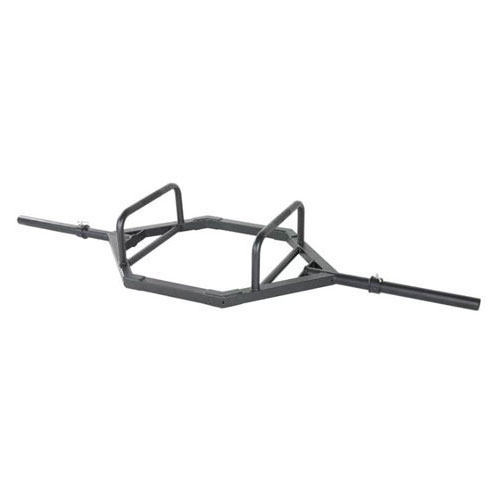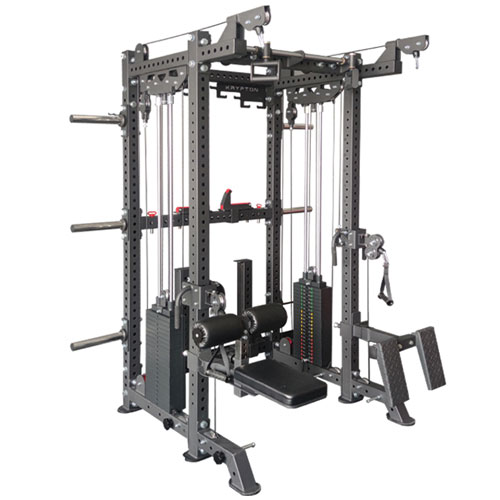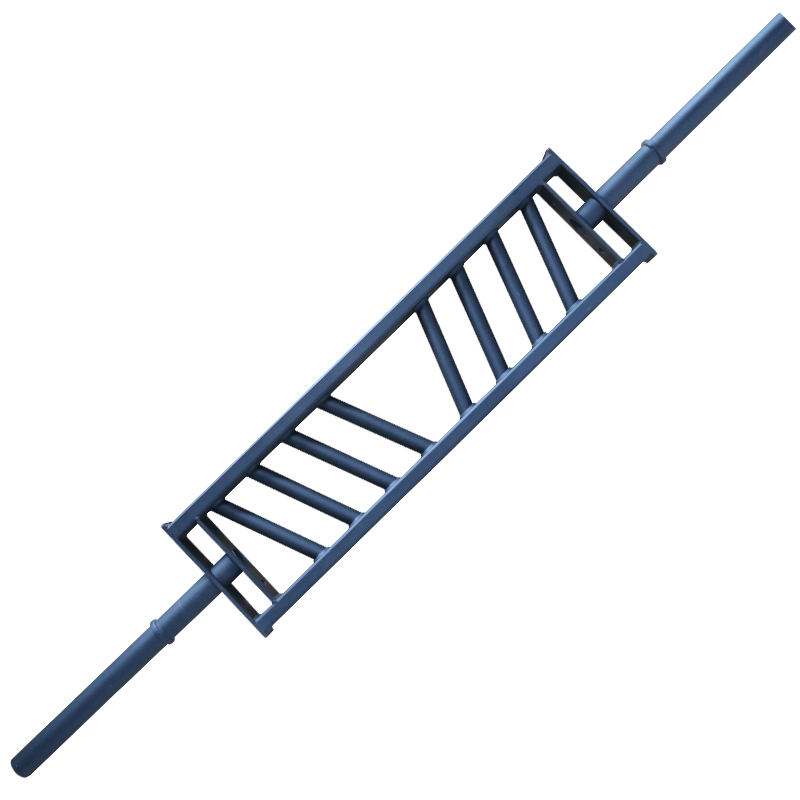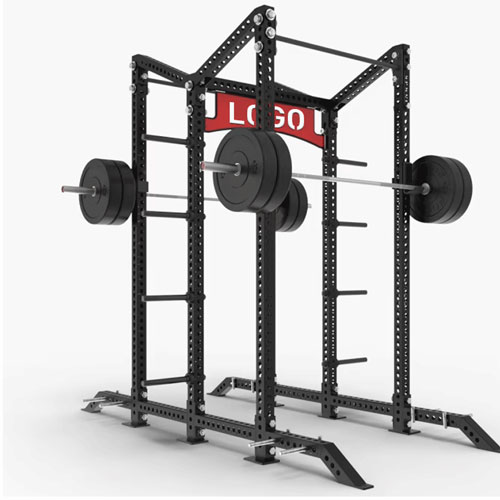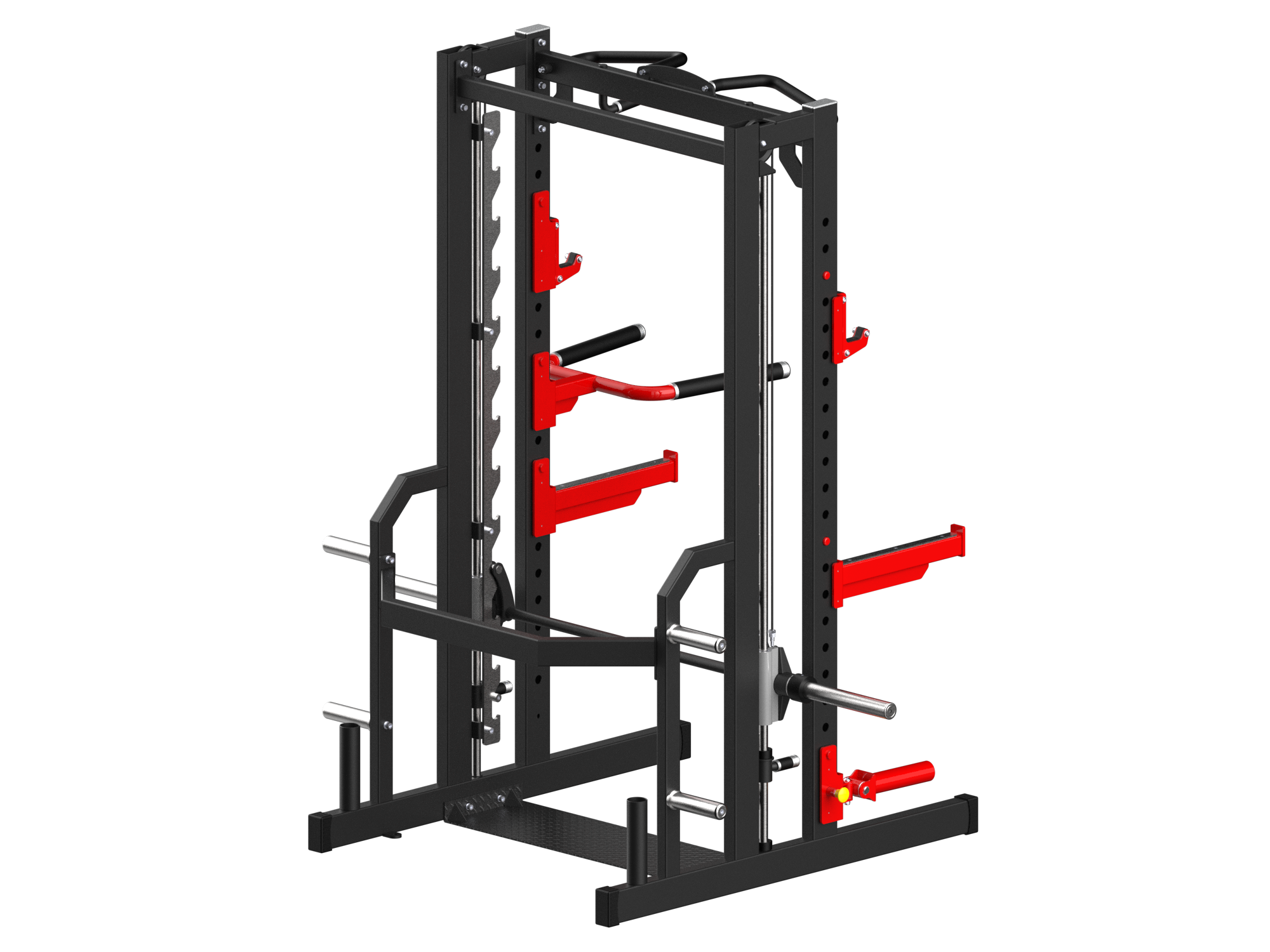Customization is King - Barbell Factory Trends in 2025
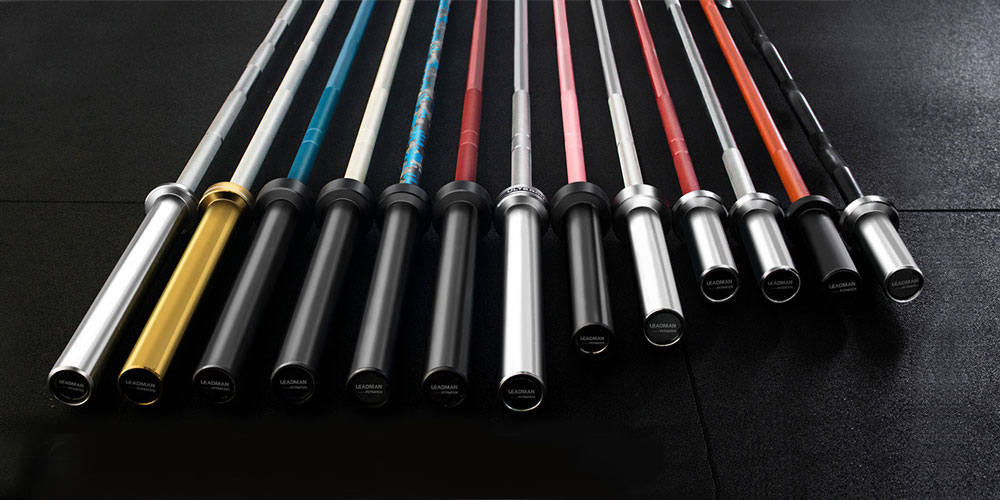
In today's fitness industry, customization has become paramount. Fitness enthusiasts and athletes alike demand products that cater to their unique needs and preferences. This trend is particularly evident in the barbell manufacturing industry, where customization options are expanding at an unprecedented rate. This blog post will delve into the latest trends in barbell factory customization in 2025, exploring the factors driving this shift and the transformative impact it's having on the fitness landscape.
The Rise of Personalization:
The barbell, a fundamental tool in strength training, is undergoing a transformation driven by the demand for personalized equipment. Customized barbells tailored to individual anthropometrics, preferences, and fitness goals are becoming increasingly popular. These barbells offer numerous advantages, including:
- Ergonomic comfort: Customized barbells can be designed to fit the lifter's hand size, grip style, and height, reducing discomfort and potential injuries.
- Enhanced performance: By accommodating specific muscle groups and movement patterns, personalized barbells can optimize biomechanics and improve lifting efficiency.
- Injury prevention: Correctly designed barbells minimize stress on joints and muscles, reducing the risk of imbalances and injuries.
Cutting-Edge Materials and Technology:
Barbell factories are embracing cutting-edge materials and technologies to redefine the durability, precision, and aesthetics of customized barbells. Innovations include:
- High-strength steels: Advanced steel alloys provide superior strength and stiffness, ensuring the barbell can withstand heavy loads and rigorous use.
- Precision machining: Computer-controlled machining ensures precise tolerances, resulting in a consistent knurl pattern, accurate shaft diameter, and perfectly aligned sleeves.
- Advanced coatings: Protective coatings like black oxide, ceramic, and chrome enhance durability, resist corrosion, and provide a sleek, professional finish.
Leadman Fitness Barbell Factory:
Leadman Fitness is a leading player in the barbell manufacturing industry, with a dedicated factory focused on producing high-quality, customized barbells. The factory utilizes state-of-the-art technology and adheres to strict quality control measures to ensure that each product meets the highest standards. Leadman Fitness offers a wide range of customization options, allowing customers to tailor their barbells according to personal preferences, including grip styles, shaft diameters, and sleeve lengths. This commitment to quality and customization positions Leadman Fitness as a trusted brand in the fitness community.
Design Flexibility:
Customized barbells offer an unparalleled range of design options to suit diverse preferences. Barbell factories provide flexibility in:
- Knurling patterns: Choose from various knurl patterns that cater to different grip styles and preferences, offering optimal grip and comfort.
- Shaft diameters: Barbells can be tailored to different hand sizes, allowing lifters to find the perfect diameter for their grip.
- Sleeve lengths: Customizing sleeve lengths accommodates different lifting styles and exercise variations, optimizing performance and safety.
Grip Options and Accessories:
Grips and accessories play a crucial role in barbell customization, enhancing comfort and performance. Factories offer a wide array of options:
- Grip styles: Choose from straight, multi-grip, and specialty grips designed to suit specific exercises and grip preferences.
- Grip materials: Options include rubber, leather, and textured coatings, providing different levels of grip and sweat resistance.
- Barbell collars and clips: These accessories secure weight plates and prevent accidental plate loss, ensuring safety during heavy lifts.
Performance Monitoring and Analytics:
Integrating sensors and tracking technology into barbells is an emerging trend that provides valuable data on workouts. These features:
- Track metrics: Barbells equipped with sensors can track metrics such as weight lifted, repetitions, and velocity, helping users monitor progress and adjust training plans accordingly.
- Analyze movement patterns: The collected data can be analyzed to identify areas for improvement in technique and reduce the risk of injury.
Sustainability and Environmental Consciousness:
Sustainability is becoming increasingly important in the fitness industry. Barbell factories are responding by implementing eco-friendly manufacturing practices, such as:
- Recycled materials: Using recycled steel and other materials reduces environmental impact and promotes resource conservation.
- Energy-efficient processes: Factories are optimizing energy consumption and minimizing emissions throughout the manufacturing process.
- Sustainable packaging: Biodegradable packaging materials are replacing traditional plastics, reducing waste and environmental pollution.
Digitalization and Online Ordering:
Digital technology is streamlining the barbell customization process. Online platforms:
- Virtual customization: Customers can design their own customized barbells using interactive online tools, ensuring precise specifications and visualization.
- Simplified ordering: Digital platforms simplify the ordering process, allowing customers to purchase their custom barbells directly from manufacturers.
- Order tracking: Customers can track the progress of their orders, ensuring transparency and timely delivery.
Market Segmentation:
Barbell factories are targeting different market segments with specific customization needs in 2025:
- Home gyms: Home gym enthusiasts demand personalized barbells that meet their space constraints and individual preferences.
- Professional athletes: Elite athletes require specialized barbells tailored to their unique biomechanics and demanding training regimens.
- Rehabilitation centers: Rehabilitation facilities need barbells designed to accommodate specific physical limitations and therapeutic goals.
Future Directions:
The future of barbell factory customization holds exciting possibilities:
- Smart barbells: Advanced technology may enable barbells to provide real-time feedback, adjust weight settings automatically, and incorporate virtual reality elements.
- AI-driven design: Artificial intelligence could assist in designing personalized barbells based on individual body measurements and training data.
- Nanomaterials and composites: Innovative materials could revolutionize barbell construction, offering superior strength, reduced weight, and enhanced durability.
Conclusion:
Customization is revolutionizing the barbell manufacturing industry in 2025. From personalized designs to advanced technology integration, barbell factories are responding to the growing demand for equipment tailored to individual needs and preferences. These trends are transforming the fitness landscape, empowering athletes and fitness enthusiasts to optimize their workouts, improve performance, and achieve their fitness goals. As the industry continues to evolve, it's clear that customization is here to stay, driving innovation and shaping the future of strength training equipment.
FAQ About Customized Barbells
Q: How much does a customized barbell cost?
A: The cost of a customized barbell can vary based on several factors, including:
- Materials: High-grade steels, specialty coatings, and other premium materials can increase the cost.
- Level of customization: The more customized the barbell, the higher the cost.
- Quantity: Larger orders often result in lower unit costs.
- Additional features: Features such as sensors or smart capabilities will add to the overall price. Generally, customized barbells tend to be more expensive than standard barbells, but the personalized benefits and performance enhancements often justify the higher cost.
Q: How long does it take to get a customized barbell?
A: The production time for a customized barbell can vary depending on the manufacturer and the complexity of the order. Generally, it can take several weeks to a few months from design to delivery. To expedite the process, it's advisable to plan ahead and communicate your timeline with the manufacturer.
Q: How do I choose the right barbell manufacturer?
A: When selecting a barbell manufacturer, consider the following factors:
- Experience and reputation: Choose a manufacturer with a proven track record and a strong reputation in the industry.
- Customization capabilities: Assess the manufacturer's ability to accommodate your specific customization needs and preferences.
- Quality control: Ensure the manufacturer has a robust quality control process in place.
- After-sales service: Inquire about the manufacturer's warranty and repair services.
- Price: Compare prices from different manufacturers, but don't solely focus on the lowest price; quality should be a top priority.
Q: Who is a good candidate for a customized barbell?
A: Customized barbells are suitable for anyone looking to take their strength training to the next level, including:
- Professional athletes: They require highly specialized equipment to meet their unique demands.
- Fitness enthusiasts: Those seeking to optimize their workouts and achieve their fitness goals.
- Rehabilitation patients: Customized barbells can be beneficial for targeted rehabilitation exercises.
Q: What are the limitations of customized barbells?
A: While customized barbells offer many benefits, they also have some limitations:
- Higher cost: As mentioned earlier, customized barbells tend to be more expensive.
- Longer production time: The customization process takes time.
- Limited availability: Customized barbells are typically made to order and may not be readily available for immediate purchase.

